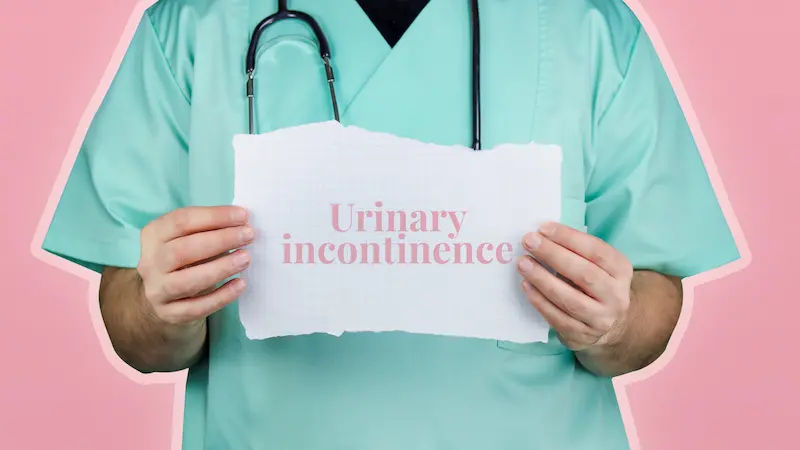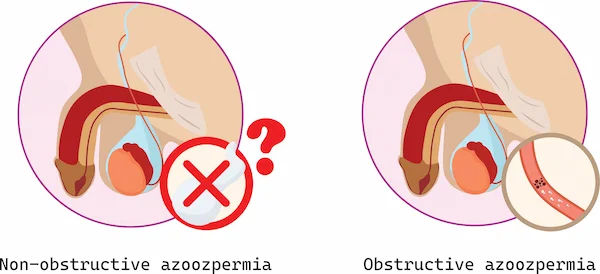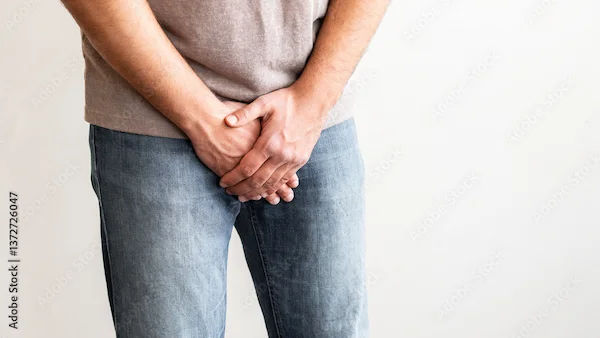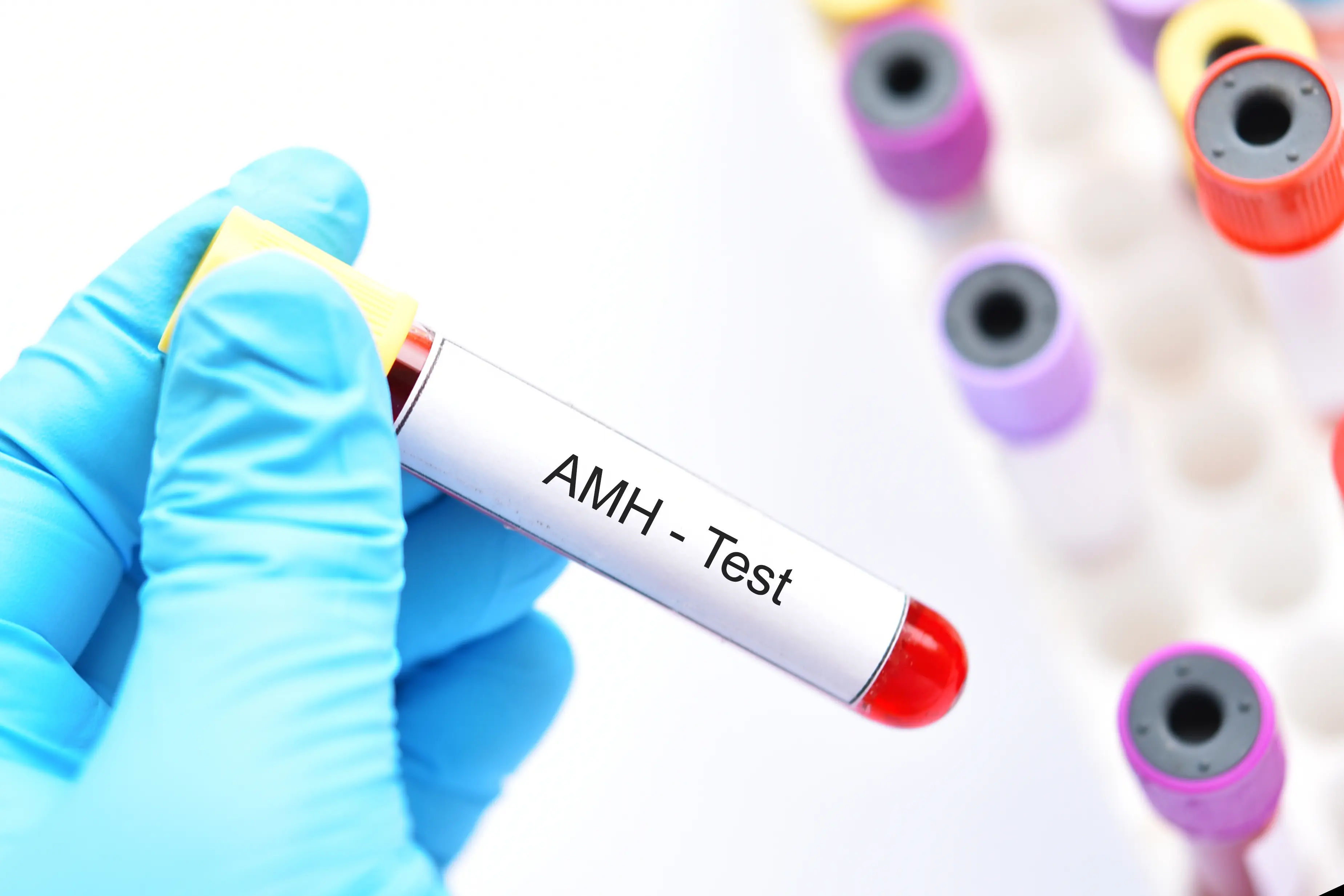- Male
- 21 Years
- 22/01/2025
The tip of my penis has been swollen since this morning, and I masturbate pretty regularly. I came across some information that said it might be from excessive or forceful masturbation. The swollen part is really sensitive and it hurts whenever it touches anything. It's painful even during simple activities like walking or doing chores. Should I be concerned about this, or is it something that will just heal on its own?
Answered by 1 Apollo Doctors
The swelling and sensitivity at the tip of your penis could be due to irritation, inflammation, or minor trauma from excessive or forceful masturbation; apply ice packs to reduce swelling, avoid further irritation
Dr. Mubarak Suggests...
Consult a Urologist
Answered 04/07/2025
0
0

More Urology Health Queries
View allI've been experiencing some tender pain at the top of my left testicle, and sometimes it even seems like the shape of it isn't quite round. Walking or touching that area makes the pain worse. I'm not sure if I should see a gynecologist or if a general physician would be the right person to talk to. What do you think I should do?
You should consult a urologist, not a gynecologist, as they specialize in male reproductive health; a general physician can provide an initial evaluation, but a urologist is better equipped to diagnose and treat potential issues like epididymitis, orchitis, testicular torsion, or varicocele; schedule an appointment to discuss your symptoms and undergo a physical examination to determine the cause of the pain and abnormal testicular shape.
Answered by 1 Apollo Doctors
My wife has a 14mm kidney stone should we consider surgery or can medicine dissolve it? What's the best way to handle this?
For a 14mm kidney stone, surgical intervention is typically recommended as the first-line treatment. While medications can help manage pain and aid in passing smaller stones, they cannot dissolve 14mm stones. Surgery, along with other options like lithotripsy, are more effective for larger stones.
Answered by 1 Apollo Doctors
I've been having this weird ticklish sensation at the bottom of my vagina right when I'm finishing up peeing, and I've noticed my pee's been looking translucent lately. I'm also having trouble holding it inlike, when I have to go, I really have to go, even waking up from sleep. What's going on with me?
The symptoms you're describing, including the ticklish sensation, translucent urine, frequent urination, and nocturia (waking up to pee), could be indicative of a urinary tract infection (UTI), get urine rm and cs done
Answered by 1 Apollo Doctors
Disclaimer: Answers on Apollo 247 are not intended to replace your doctor advice. Always seek help of a professional doctor in case of an medical emergency or ailment.





